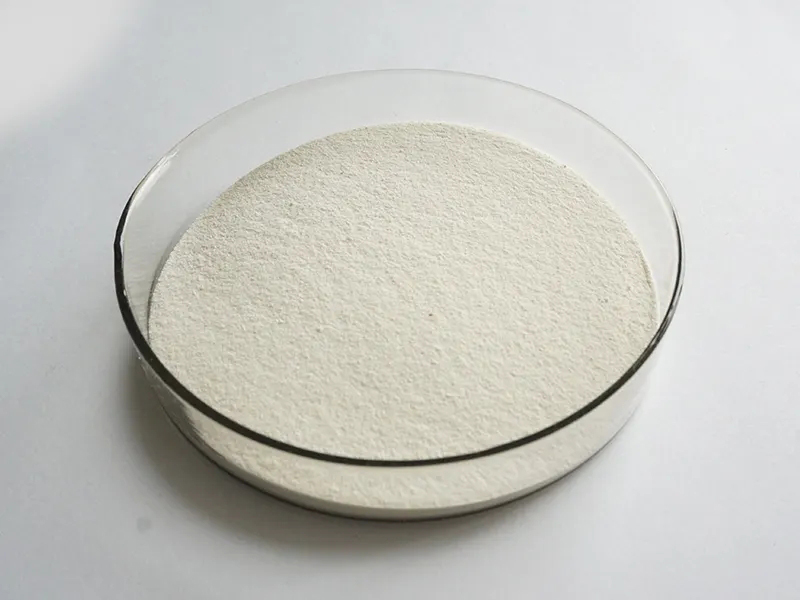Urolithin A is a compound that is produced in the human body as a result of the metabolism of ellagitannins, which are polyphenolic compounds found in certain foods, particularly in fruits such as pomegranates, strawberries, raspberries, and blackberries. Ellagitannins are transformed into urolithins by the gut microbiota, specifically by the action of bacteria such as Gordonibacter urolithinfaciens.

Here’s a breakdown of the key aspects related to Urolithin A:
Origin of Urolithin A:
Urolithin A is derived from ellagic acid, which is present in ellagitannins found in various fruits.
The conversion process from ellagitannins to urolithins takes place in the colon through the activity of gut bacteria.
Nature of Urolithin A:
Urolithin A belongs to a class of compounds known as urolithins, which are a group of microbial metabolites.
It is a polyphenolic compound with potential bioactive properties.
Introduction of Urolithin A:
Urolithin A gained attention due to its potential health benefits. Research suggests that it may have anti-inflammatory, antioxidant, and anti-cancer properties.
Studies have indicated that urolithin A may play a role in mitochondrial health and function, potentially promoting longevity.
The interest in urolithin A has led to its inclusion in dietary supplements and functional foods, especially those marketed for their potential benefits on muscle health, cellular rejuvenation, and overall well-being.

Health Benefits of Urolithin A:
Research is ongoing to explore the potential health benefits of urolithin A, including its impact on muscle function, mitochondrial health, and cellular longevity.
Some studies suggest that urolithin A may help in clearing damaged mitochondria through a process called mitophagy, which is essential for cellular health and function.
It’s important to note that while there is promising research on the potential benefits of urolithin A, the field is still evolving, and more studies are needed to establish its efficacy and safety. As with any supplement or bioactive compound, it’s advisable to consult with a healthcare professional before incorporating it into your diet or taking it in supplement form, especially if you have existing health conditions or are taking medications.
